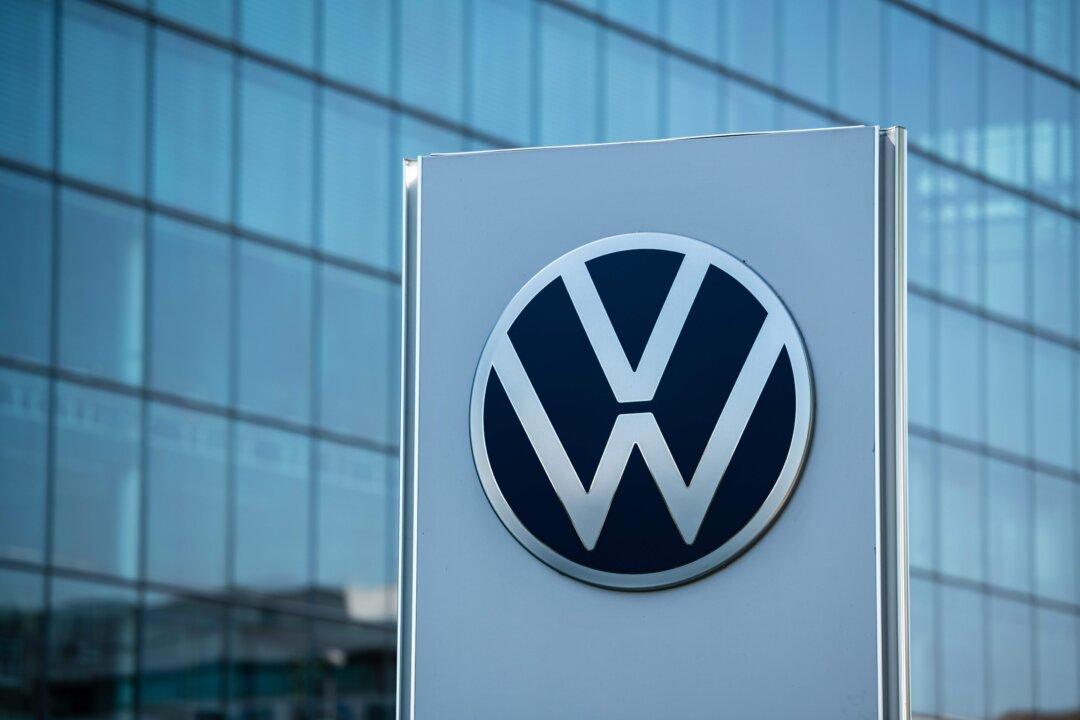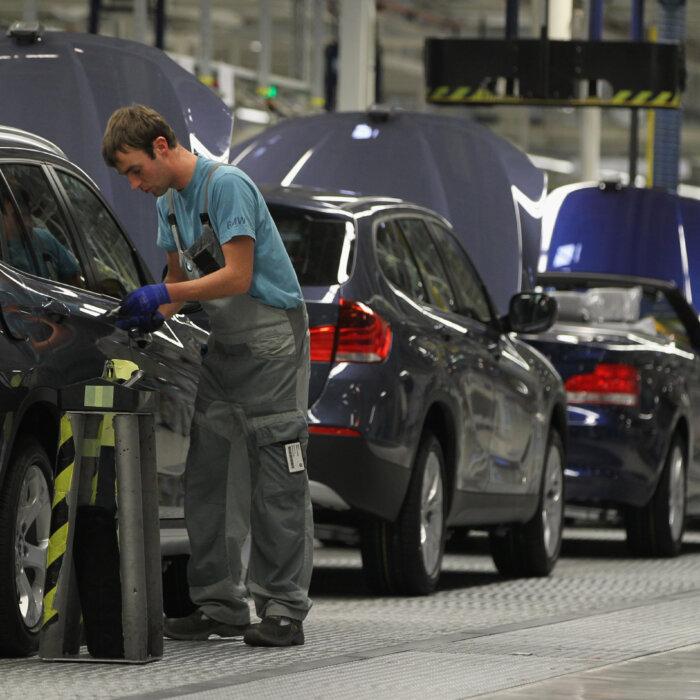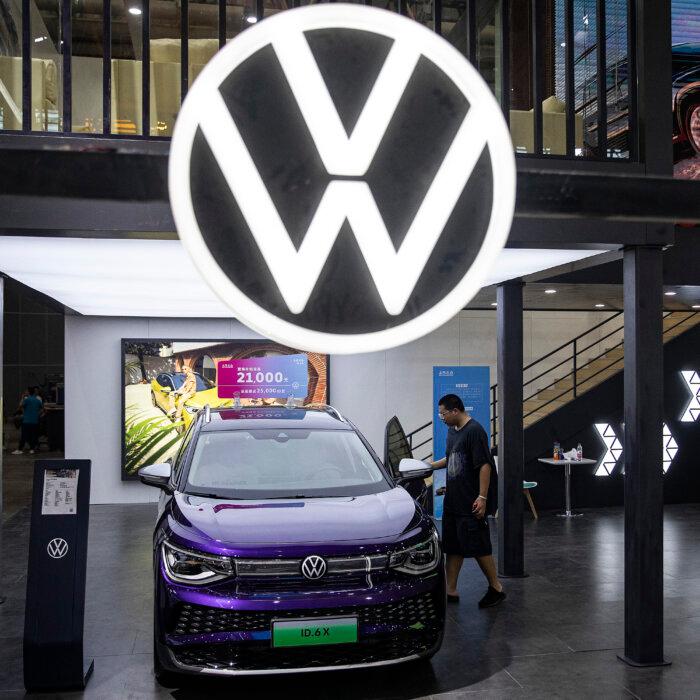A bipartisan group of lawmakers led by Sen. Marco Rubio (R-Fla.) has questioned index provider MSCI why it removed the “red flag” rating on Volkswagen initially assigned over alleged forced labor concerns in its jointly owned plant in China’s Xinjiang region.
“Experts have noted that a reliable audit is unable to be conducted in the [Xinjiang region], given that Uyghurs and other ethnic groups cannot speak freely, and that conventional audit approaches are unable to assess the presence of state-imposed forced labor,” the letter reads.
In response to pressure from investors, Volkswagen commissioned Loening GmbH, a German human rights consulting firm, to audit the plant in Xinjiang. The audit found no sign of forced labor at the plant. However, the firm heavily relied on a Chinese law firm for on-the-ground inspections and didn’t independently conduct unsupervised inspections in the region.
“In a region where millions of Uyghurs are under extensive surveillance and are indefinitely interned, tortured, and severely abused for words or appearances that do not conform to Communist Party ideals, a credible, independent audit is simply not possible,” said Gheyyur Kuerban, director of WUC’s Berlin office.
“Everyone there knows that a wrong word can have life-threatening consequences for themselves or their families.”
In the letter, the lawmakers requested that MSCI provide them with information related to its decision by June 21, including the methodology used to lift the warning, criteria for red-flag ratings, and its interaction with Volkswagen since the red-flag rating in 2022.
They also asked whether the index provider would “re-impose” the red-flag rating on the carmaker, given concerns over the controversial audit.
The signatories also include Sen. Chris Coons (D-Del.); Rep. John Moolenar (R-Mich.), chairman of the House Select Committee on the Chinese Community Party; and Rep. Raja Krishnamoorthi (D- Ill.), the ranking Democrat on the committee.
Forced Labor Allegations
According to a Senate investigative report released last month, Volkswagen and two major automakers allegedly used components made by a Chinese supplier sanctioned for using forced labor.The probe, launched by the Senate Finance Committee two years ago, discovered that some of these parts had been used in vehicles imported to the United States even after automakers assured the committee that they have “robust compliance programs” to prevent components made with forced labor from entering their supply chains.
In January, Volkswagen said it voluntarily disclosed to U.S. Customs and Border Protection that a shipment of its automobiles destined for the United States contained a JWD-made part. The company subsequently replaced the parts before the cars entered the country.
In an emailed statement, a spokesperson for Volkswagen said the company “takes allegations of human rights violations very seriously” and is committed to preventing the use of forced labor in its supply chain.
“With regard to the supply chain issue referenced in the Committee Report, we acted as quickly and responsibly as possible to replace the part and comply with the UFLPA,” the spokesperson told The Epoch Times.






